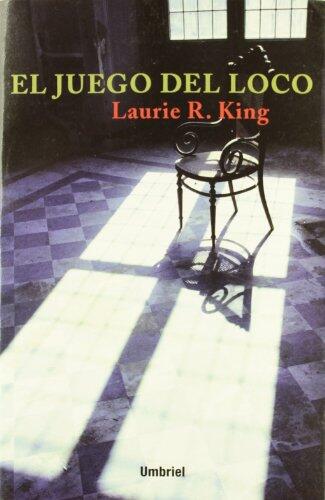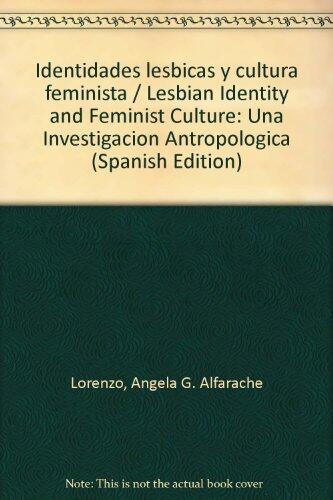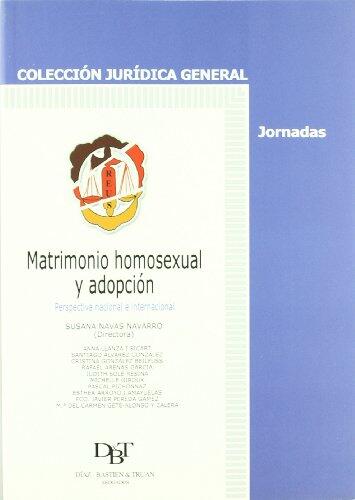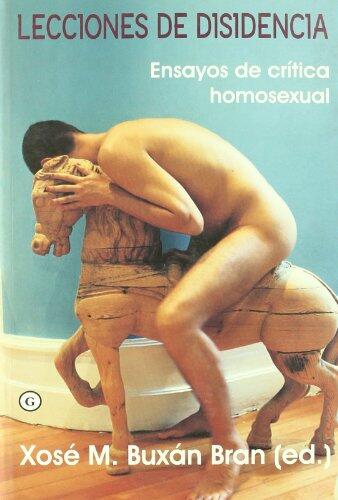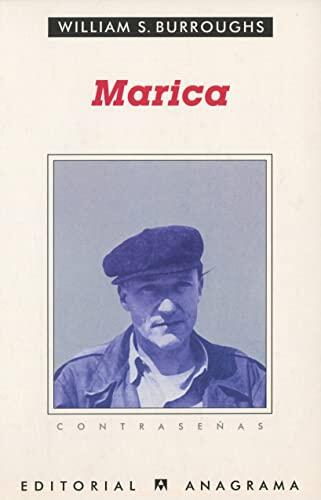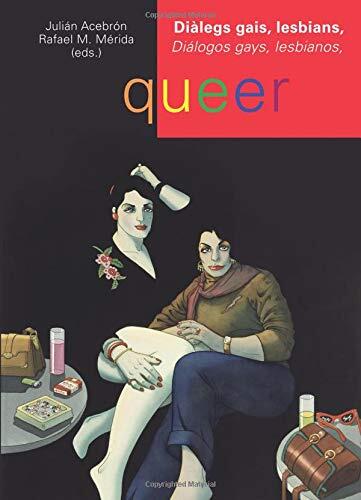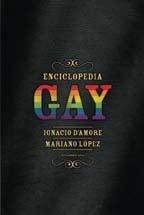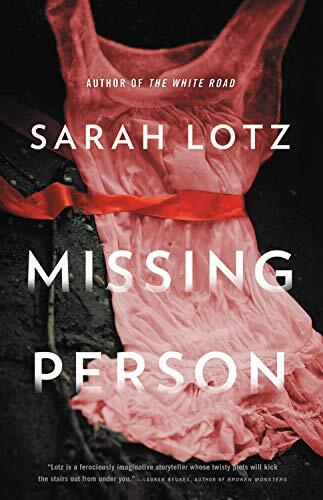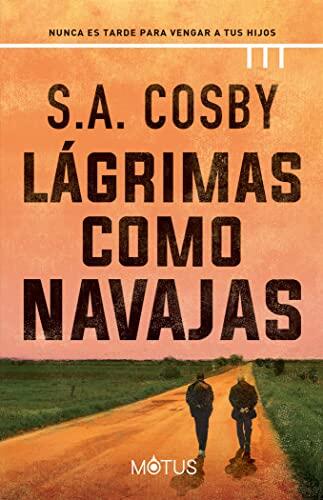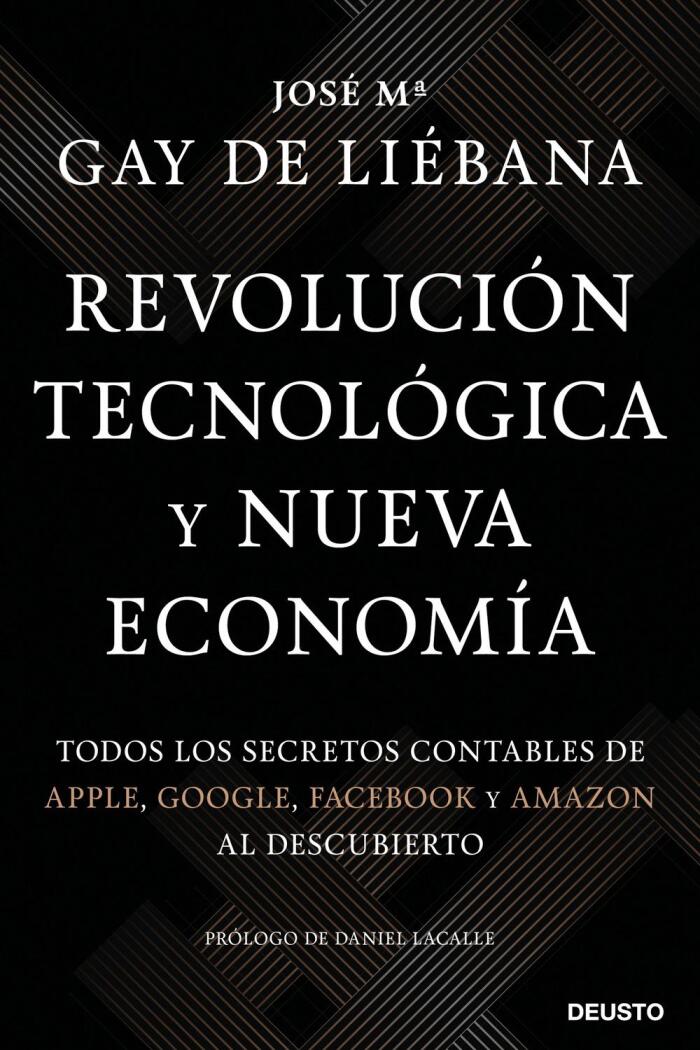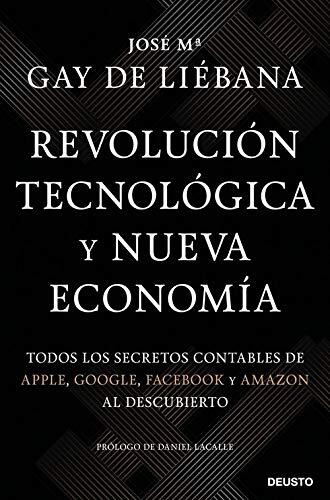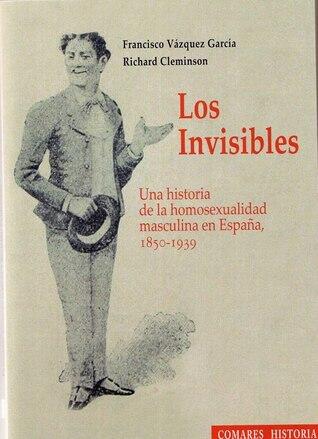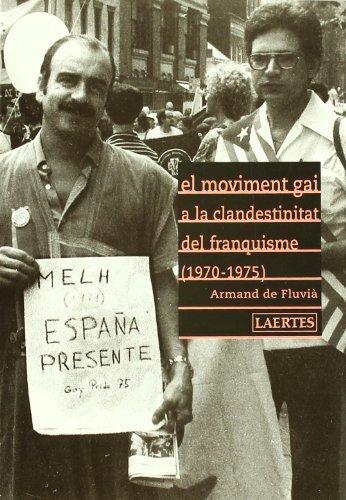
El moviment gai a la clandestinitat del franquisme
Edition: 1
Language: Spanish
Format: Paperback
ISBN 10: 8475845134
ISBN 13: 9788475845135
Publication date:
January 1st, 2003
Publisher: Laertes editorial, S.L.
Pages: 278
Genres: LGBTQ+
Amidst the oppressive atmosphere of the Franco regime in Spain, a clandestine movement began to take shape, driven by the need for freedom and identity. This narrative delves into the lives of those brave individuals who fought for the rights of the LGBTQ+ community during a time of intense persecution and societal stigma. It captures their struggles and resilience, painting a vivid portrait of a hidden world that thrived despite the dangers surrounding it.
The work is enriched by the insights of Armand de Fluvià i Escosa, whose meticulous research unveils the socio-political challenges faced by this marginalized group. Collaborating with Vicent Canet i Martínez, the authors offer a thorough exploration of activism, community, and the subtle yet powerful acts of rebellion that emerged during those years of silence and fear.
Through captivating narratives, the book highlights the courage of individuals who, in the face of injustice, dared to assert their identities and fight for acceptance. It is a poignant reminder of the human spirit's ability to endure and resist, even under the harshest of circumstances.
With a thoughtful prologue by Joan Francesc, the work serves as both a historical account and a tribute to the fighters of the period. The intricacies of their fight offer invaluable lessons, resonating with contemporary movements for equality and justice. This is not merely a recount of the past; it’s an essential homage to a vibrant culture that, despite being pushed into the shadows, has always sought the light.
The work is enriched by the insights of Armand de Fluvià i Escosa, whose meticulous research unveils the socio-political challenges faced by this marginalized group. Collaborating with Vicent Canet i Martínez, the authors offer a thorough exploration of activism, community, and the subtle yet powerful acts of rebellion that emerged during those years of silence and fear.
Through captivating narratives, the book highlights the courage of individuals who, in the face of injustice, dared to assert their identities and fight for acceptance. It is a poignant reminder of the human spirit's ability to endure and resist, even under the harshest of circumstances.
With a thoughtful prologue by Joan Francesc, the work serves as both a historical account and a tribute to the fighters of the period. The intricacies of their fight offer invaluable lessons, resonating with contemporary movements for equality and justice. This is not merely a recount of the past; it’s an essential homage to a vibrant culture that, despite being pushed into the shadows, has always sought the light.
